After graduation, there are a few things you can do to help manage your student loan debt. Here are some pointers to think about:
1. Obtain employment

Having a job is the best way to handle your student loan debt. This will provide you with the funds you need to pay for living, utilities, groceries, and travel. Additionally, you might use your income to pay off your debts as soon as possible. Make the most of any scholarships, grants, or work-study options that are available to you, and try to avoid taking out as much as you can.
Graduates in the arts are more likely to discover that student loan debt affects their choice of career. For instance, research indicates that graduates in the arts are less likely to work in positions directly connected to their field of study when they have debt.
Refinancing your student loans, working a side gig, or making larger or more frequent payments are just a few strategies to boost your income. Additionally, you can research loan forgiveness choices, tax benefits and deductions, and employer repayment plans. Another excellent strategy to help you manage your student loan debt after graduation is to have a savings plan.
2. Pay your bills on schedule.
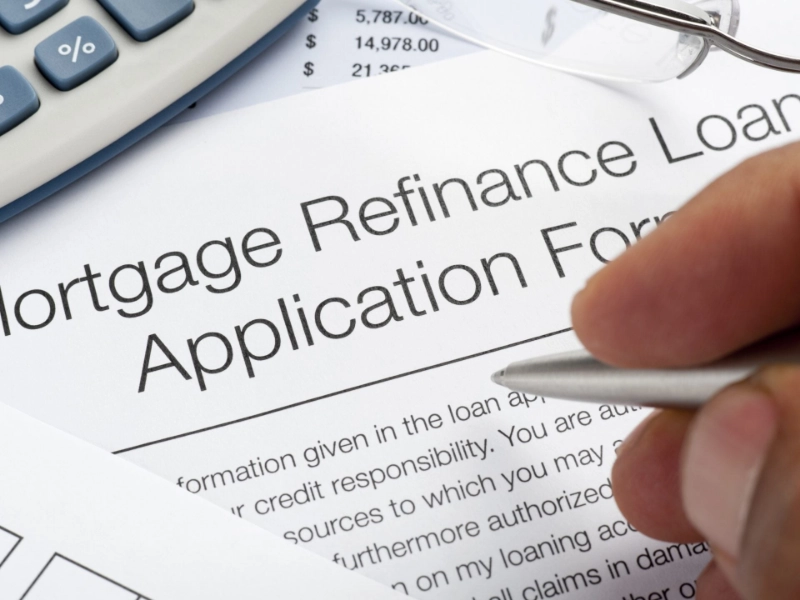
A significant financial commitment are student loans. Borrowers must understand how to strategically manage their debt after graduation in order to maximise each payment. Prioritise loan payments while making sure you have enough money set aside for other important expenses like emergency savings and retirement contributions. To shorten the loan's total term and save interest, think about making larger monthly payments than the minimum if you can.
Use federal loan calculators and tools to familiarise yourself with the fundamentals of your debt and repayment alternatives before your first loan payment is due. Additionally, make sure your loan servicers have the most recent version of your contact information so that you receive bills on schedule and have enough notice before payments become due. Ignoring payments might lower your credit score and put you at risk of expensive penalties and defaults.
3. Make a higher-than-required payment.
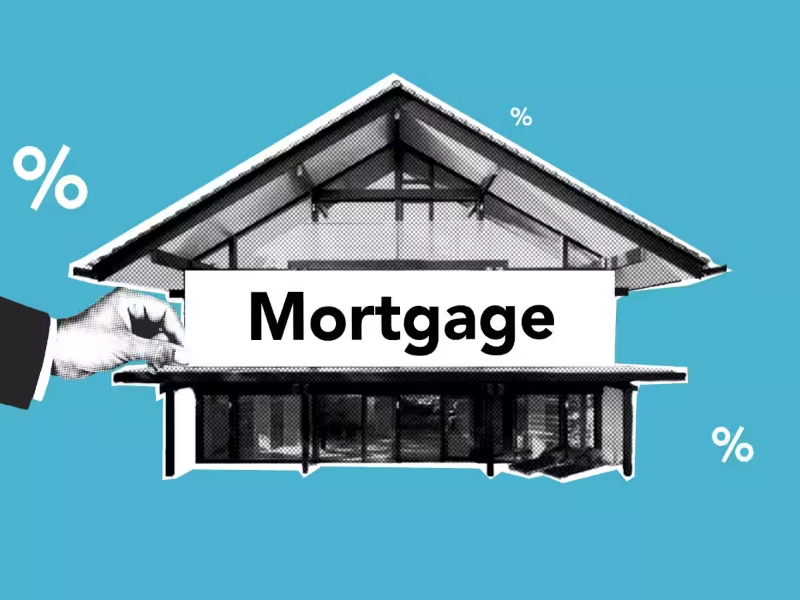
You may control your student loan debt by making even modest additional payments over time. Try increasing your monthly payment if you can afford to do so and see how much interest you may save. Additionally, you can arrange for automatic biweekly payments, which will enable you to make 13 payments annually as opposed to only 12. It's a wise approach to start forming excellent habits and assist with loan management.
Setting financial priorities and determining how much you can actually afford to spend each month on fixed expenses like rent or a mortgage, utilities, a phone or cable bill, and food is crucial. You can begin allocating a portion of your discretionary income to your student loans once you've sorted them out. You can shorten the repayment period and lower your total balance by making more payments than the minimum. To save even more money, prioritise the loans with the highest interest rates.
4. Create a plan for loan repayment.

For many Americans, one of the main causes of financial distress is student debt. Making a strategy to pay off your debts is the best method to lessen your tension.
Setting a budget and prioritising your spending is a wise move. This will assist you in determining the monthly loan payment amount that you can actually afford to make.
To ensure you never miss a payment, it's a good idea to set up auto payments on all of your loans. This can guarantee that your payments are made on time and save you 0.25% on your interest rate.
Finally, if at all possible, attempt to pay more each month than the minimum. If you can do so without extending the time of your repayment, think about consolidating your loans as well. After that, you won't have to make several little payments each month—just one. Additionally, think about applying any "found money"—such as presents or tax refunds—to your debt.
Recommended Reading: Receiving Assets and Real Estate





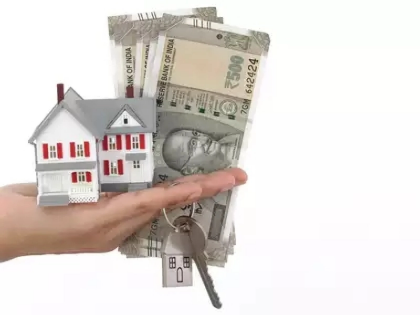
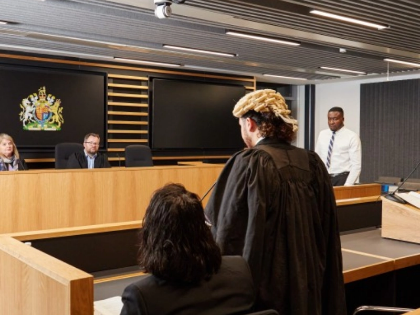
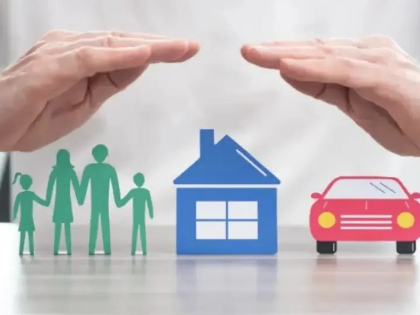






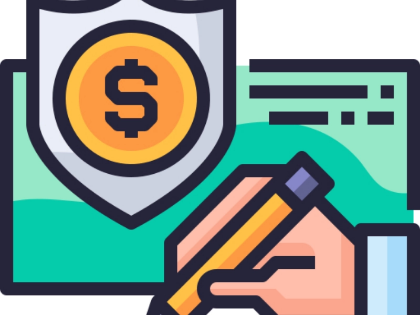
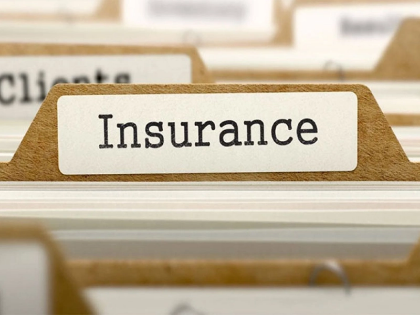



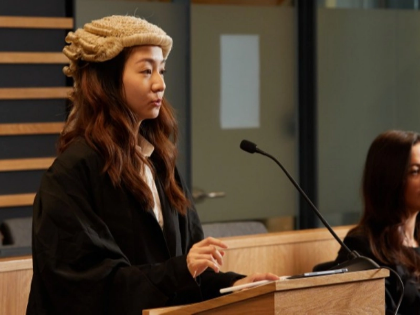




Mitigates fragmentation pressure.